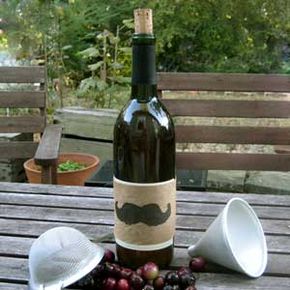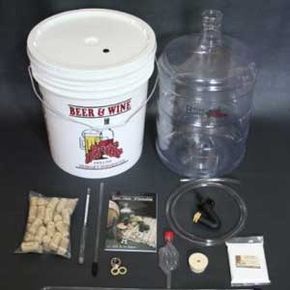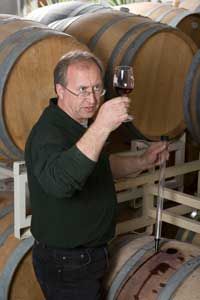For some wine lovers -- also known as oenophiles -- it's not enough to simply experience all the varied vintages that the world has to offer. Instead, they study the agricultural, chemical and artistic skills that go into turning a few hillside vines into arguably the most revered beverage known to man.
Making wine is ultimately a simple chemical process, using the natural process of fermentation to turn fruit juice into alcohol. Yet while any backyard vintner can turn grapes into booze, only a few can craft a truly good bottle of wine. The process is part lab experiment, part culinary art. Given the time it takes for even professional wineries to master their craft, the process often seems nothing short of alchemy.
Advertisement
As long as you realize you're probably not going to set the wine world on fire with your results, making wine at home can be a rewarding experience. In addition to learning more about the journey between vineyard and glass, home winemaking can provide you with some excellent holiday gift-giving options.
But don't just run with the first wine kit or Internet recipe. In this article, we'll look at a few crucial winemaking tips for new vintners.





